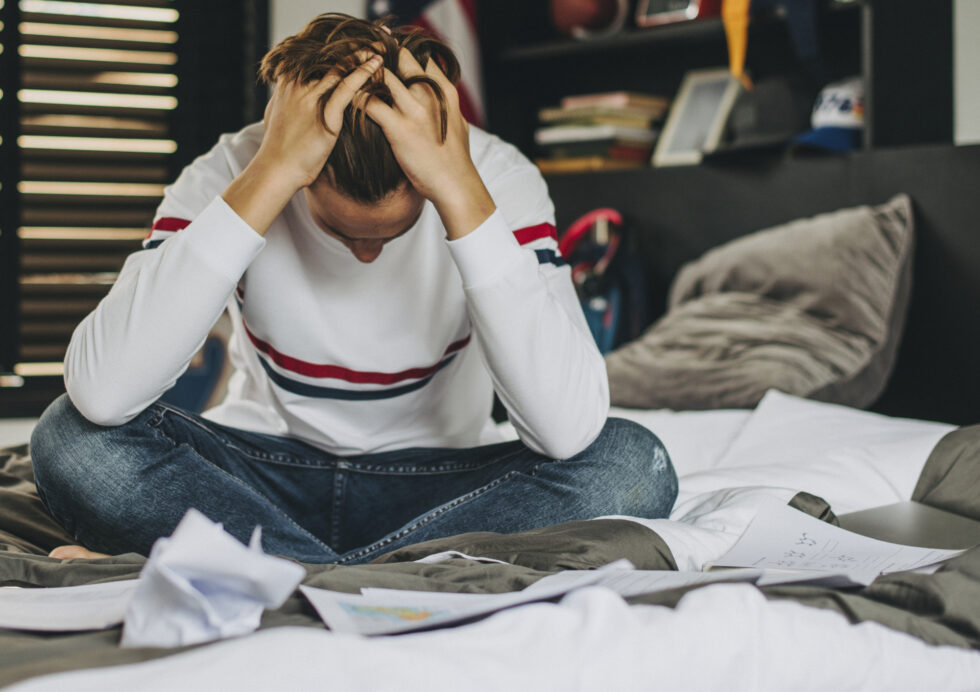
Teenagers in Florida are heading back to school. Summer is ending, some teens are excited to go back and others are worried. For many of them, there is anxiety, new schedules, pressures, and teacher shortages. Whatever they are going through, I hope the following information can help Parents and Guardians be aware that something may be wrong and have some tools in your toolbox to support your teen.
7 Reasons Your Teen Might Be Struggling
Summer often gives kids a break from all the stressors of the school year. Before school even starts they often begin to experience symptoms of Anticipatory Anxiety, which is the fear or worry that bad things could happen in the future. They can fixate on things they can’t control or predict—a fear of the unknown. Your teen may not even know this is happening; they may just not be feeling right. The following are some of these stressors:
- Social Anxiety: Teens are adults in training, building their self-image and sense of belonging. They want to be liked, seek peer acceptance, and often overthink everything.
- Academic Pressure: Heavy workloads, teacher-student dynamics, learning differences such as ADHD, or struggles balancing school and personal time can weigh heavily.
- Bullying: Past experiences or fear of future bullying—whether verbal, emotional, physical, sexual, exclusion, or online—can make a teen feel powerless.
- Physical Symptoms of Stress: Stress often manifests physically, showing up as frequent headaches, stomachaches, or other ailments.
- Family Conflict: As teens seek independence, family expectations or conflict can create added pressure and negatively affect grades or self-esteem.
- Developmental Stress: According to the American Academy of Pediatrics (2022), developing brains, hormonal changes, and psychosocial stress increase the prevalence of anxiety, depression, and stress disorders during adolescence.
- Substance Experimentation: Curiosity and exposure may lead teens to try substances as a way to cope with stress, which can quickly become unhealthy.
What Parents and Guardians Can Do
- Help your teen understand social anxiety. If you’re unsure how, research together and share what you learn—it shows healthy role modeling.
- Let them know they are not alone. Many of their friends likely feel the same way.
- Validate their feelings by listening intentionally. Reflect back what you hear and ask if you understood correctly, even if you don’t agree.
- Regulate your own emotions. If their words trigger fear or disappointment, take a moment before responding so they feel safe to open up.
- Brainstorm solutions together—extra sleep, exercise, mindfulness, or simply getting outside can help them feel grounded.
- Check in once or twice a week to maintain an open door without overwhelming them.
- If challenges persist or worsen, reach out to a professional for support.
As your teen navigates the pressures of a new school year, your support and awareness can make all the difference. By staying connected, validating their experiences, and seeking help when needed, you can guide them toward resilience and well-being.